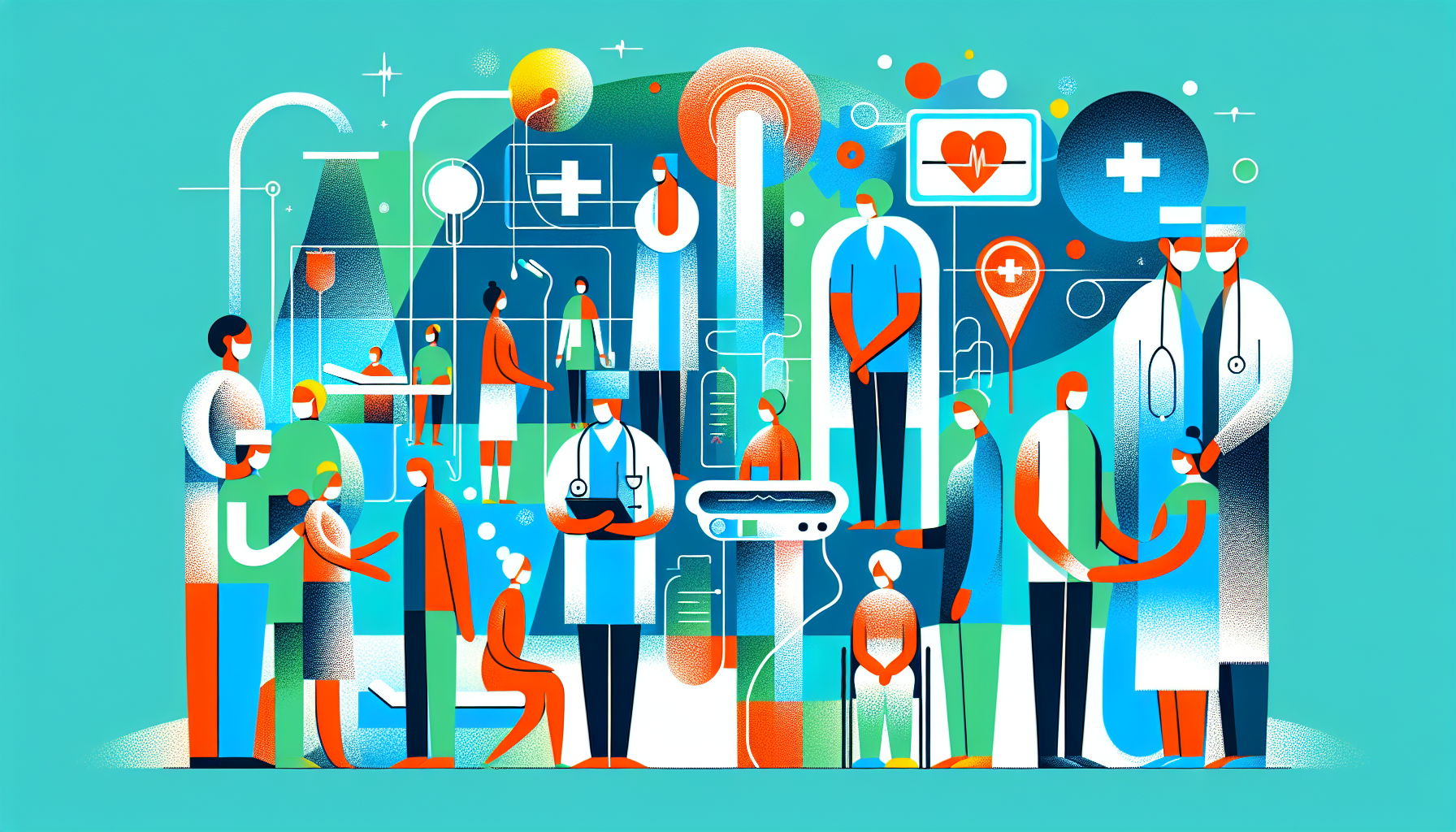The medical field is constantly evolving, with advancements in technology and changes in healthcare policies affecting how doctors practice medicine. While these changes aim to improve efficiency and accuracy, they also present unique challenges for doctors striving to provide the best possible care for their patients.
The Increasing Demands on Doctors
As medical science progresses, doctors must learn and retain more information than ever before. At the same time, policies designed to reduce waste have limited the amount of time doctors have to absorb this knowledge. This pressure to do more with less time has led to significant changes in how doctors work and interact with their patients and colleagues.
The Rise of Hospitalists
One notable change in the medical field is the emergence of hospitalists. These doctors specialize in caring for hospitalized patients, providing full-time, on-site care. While this arrangement offers benefits such as immediate access to a doctor in emergencies and increased supervision for residents and nurses, it also presents challenges in maintaining continuity of care and effective communication between hospitals and primary care providers.
The Role of Electronic Medical Records
Electronic medical records (EMRs) have the potential to improve communication and efficiency by providing doctors with instant access to a patient's complete medical history. This can be especially valuable when a doctor is meeting a patient for the first time, as it reduces the need for the patient to repeat their story and ensures the doctor is well-informed about their condition.
However, relying too heavily on EMRs can also have drawbacks. As noted in Dr. Jerome Groopman's book "How Doctors Think," seeing what other doctors have written about a patient can sometimes lead to a narrow focus and potentially overlook alternative diagnoses. In some cases, starting fresh and allowing the patient to tell their story from the beginning can be the most effective approach.
The Importance of Human Connections
As technology and efficiency demands increase, it's crucial for doctors to maintain the human connections that lie at the heart of medicine. Building relationships with patients and colleagues is essential for providing compassionate, high-quality care and maintaining job satisfaction.
However, the increasing isolation of doctors, both from patients and each other, has contributed to feelings of demoralization and burnout. As David Rosenthal and Abraham Verghese point out in their New England Journal of Medicine essay, finding a solution to these challenges is not easy, as they are largely structural and deeply ingrained in the practice of medicine.
Looking to the Future
As the medical field continues to evolve, it is essential for both doctors and patients to advocate for the preservation of meaningful human connections. By striking a balance between embracing technological advancements and maintaining the personal touch that defines the doctor-patient relationship, we can ensure that the practice of medicine remains a fulfilling and impactful profession.
For more information on the challenges facing modern doctors, consider exploring the following resources:



